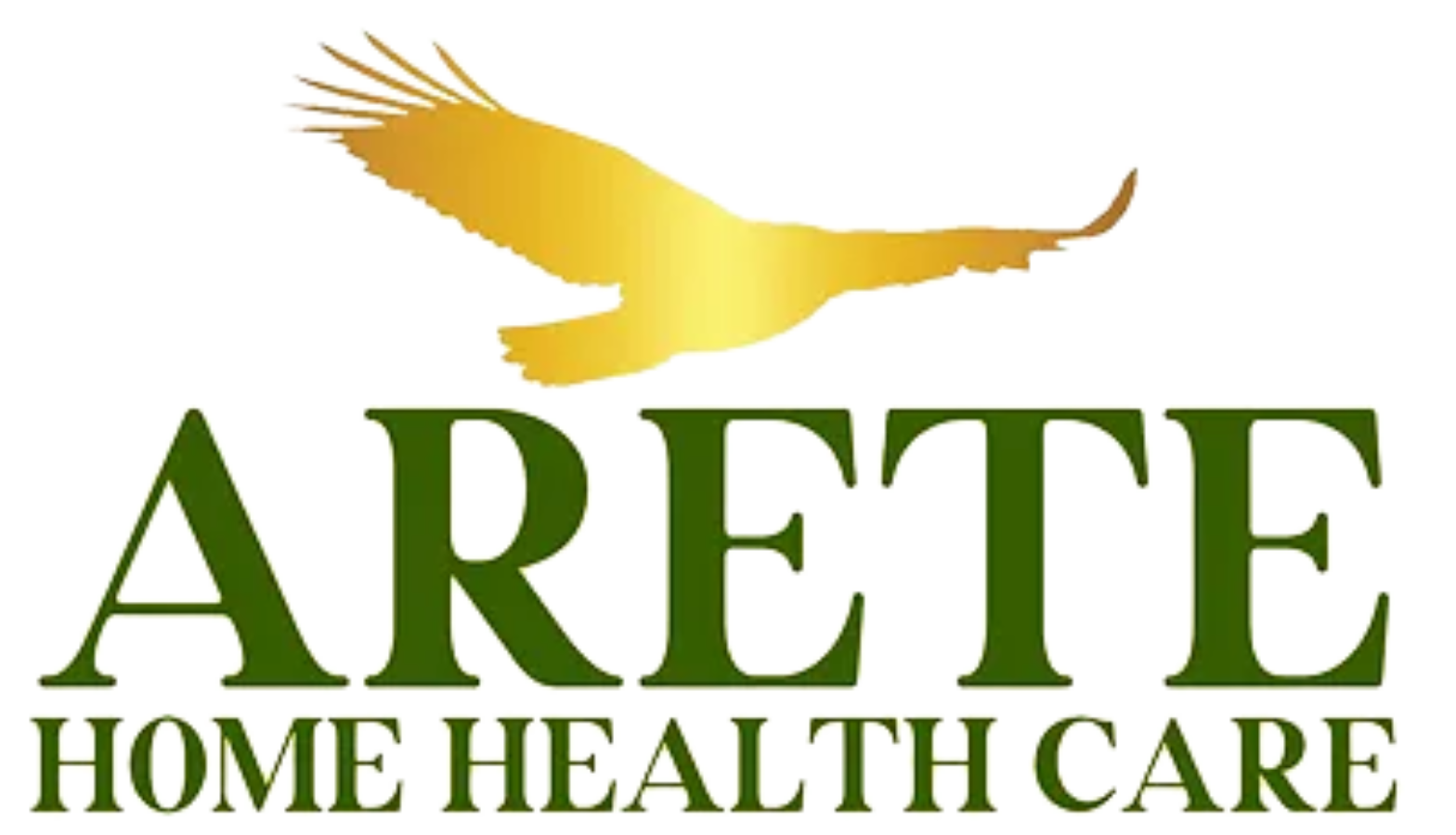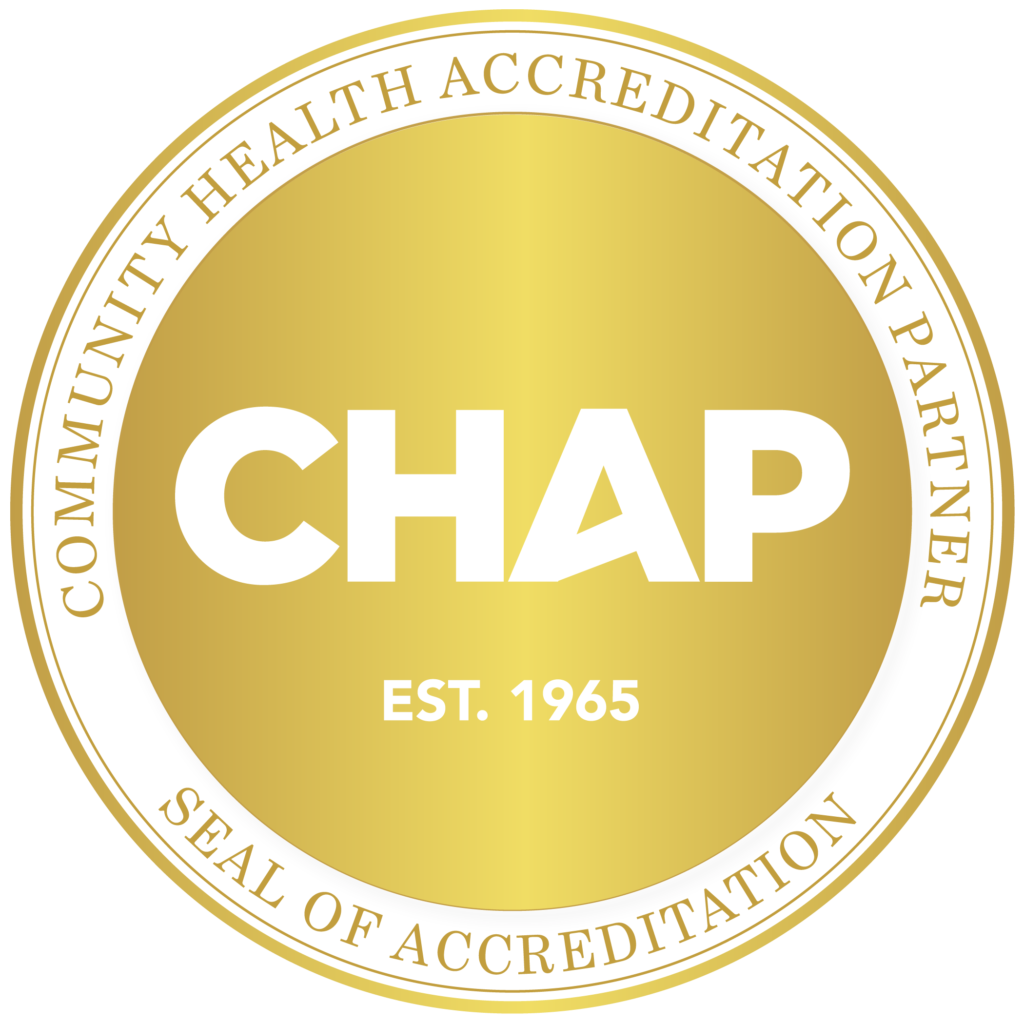Medication compliance is crucial for managing chronic conditions and maintaining overall health. However, staying on track with medications can be challenging. This guide provides effective strategies to improve medication compliance and ensure you get the most out of your treatment.
Understanding Medication Compliance
Medication compliance, also known as medication adherence, refers to taking medications as prescribed by your healthcare provider. This includes the correct dosage, at the right time, and for the appropriate duration.
1. Set Up a Medication Routine
Establishing a routine is one of the most effective ways to improve medication compliance.
- Consistent Schedule: Take your medications at the same time each day. Use alarms or reminders on your phone to help you remember.
- Pill Organizers: Use a pill organizer to sort your medications by day and time, making it easier to keep track of them.
2. Understand Your Medications
Knowing why and how to take your medications can significantly impact your adherence.
- Ask Questions: Don’t hesitate to ask your healthcare provider about the purpose of each medication and its potential side effects.
- Read Labels: Pay attention to the instructions on your medication labels, including any special directions such as taking with food.
3. Use Technology to Your Advantage
Technology can be a valuable tool in managing your medications.
- Medication Apps: Download medication reminder apps that send alerts when it’s time to take your medicine.
- Electronic Health Records: Use electronic health records to keep track of your medications and dosages.
4. Communicate with Your Healthcare Provider
Open communication with your healthcare provider is essential for effective medication management.
- Report Side Effects: If you experience any side effects, inform your healthcare provider. They can adjust your medication or suggest alternatives.
- Medication Reviews: Regularly review your medications with your provider to ensure they are still appropriate for your condition.
For professional assistance, consider our Skilled Nursing services.
5. Simplify Your Medication Regimen
Simplifying your medication regimen can make it easier to follow.
- Combination Pills: Ask your provider if any of your medications come in combination pills to reduce the number of pills you need to take.
- Streamline Schedules: Align your medication schedule with your daily routine, such as taking meds with meals.
6. Seek Support
Support from family, friends, and healthcare professionals can improve medication compliance.
- Family Involvement: Involve family members in your medication routine. They can help remind you and provide support.
- Professional Help: Utilize home health services for medication management assistance. Our Non-Skilled Nursing services can help.
7. Monitor Your Progress
Tracking your medication adherence can help you stay on track.
- Medication Log: Keep a log of your medication intake to monitor your adherence.
- Regular Check-ups: Schedule regular appointments with your healthcare provider to discuss your progress and any challenges.
For additional support, visit our Medical Social Worker services.
Conclusion
Improving medication compliance is essential for managing your health effectively. By establishing a routine, using technology, and seeking support, you can stay on track with your medications. For more information on our services, visit our Google business profile.


